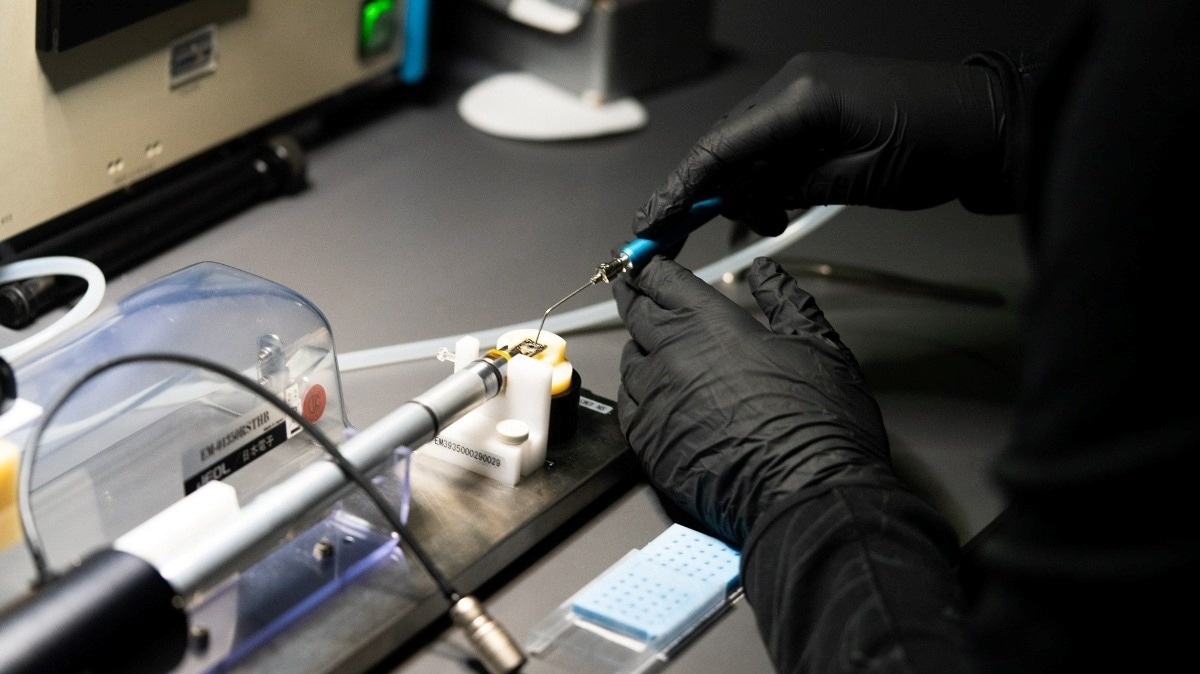Toyota Research Institute and Northwestern Join Forces to Use AI Techniques to Discover and Develop Materials to Drive the Clean Energy Transition

Toyota Research Institute is applying artificial intelligence (AI) methods to help discover, design and develop next generation materials to help reduce carbon emissions. Collaborating with the Northwestern University in Illinois, USA, it is establishing the world’s first nanomaterial “data factory”.

Image Credit: Toyota Research Institute
The use of AI methodology goes far beyond traditional trial-and-error research by exploring vast parameter sets, collecting data, then empowering AI to search the materials genome to find the best material for a given application. TRI and Northwestern believe this method of materials discovery will be of value in a wide range of future applications, such as clean hydrogen production, the removal of CO2 from the atmosphere and high-efficiency solar cells.
“Meeting the growing demand for mobility without emitting carbon is a major challenge,” said Brian Storey, TRI Senior Director of Energy and Materials. “Through this partnership with Northwestern, we have significantly reduced the time it takes to test and find new materials that can be used in batteries and fuel cells to decarbonise transportation.”
Chad Mirkin, Director of the International Institute for Nanotechnology and the George B. Rathmann Professor of Chemistry at Northwestern added: “This ground-breaking research marks an inflection point in how we discover and develop critical materials. Together with TRI, we’re poised to empower the scientific community to find the best materials that power the clean energy transition.”
TRI and Northwestern Data Factory
TRI and Northwestern have developed a machine learning algorithm capable of synthesising materials at record speeds. This is being used to sift through Northwestern’s new Megalibraries – a reference collection containing more new inorganic materials than have ever been collected and categorised. Together, these concepts create the first nanomaterial data factory, a ground-breaking effort to create and mine large sets of high-quality, complex, first-party data.
Prior to this collaboration, machine learning algorithms have been trained on lower quality, inconsistently gathered data sets. Now, with Northwestern and TRI’s new capabilities, the team can use high-quality data sets to train complex algorithms that enable the rapid and objective discovery of crucial materials for as yet unmet needs.
Source: https://www.tri.global/



